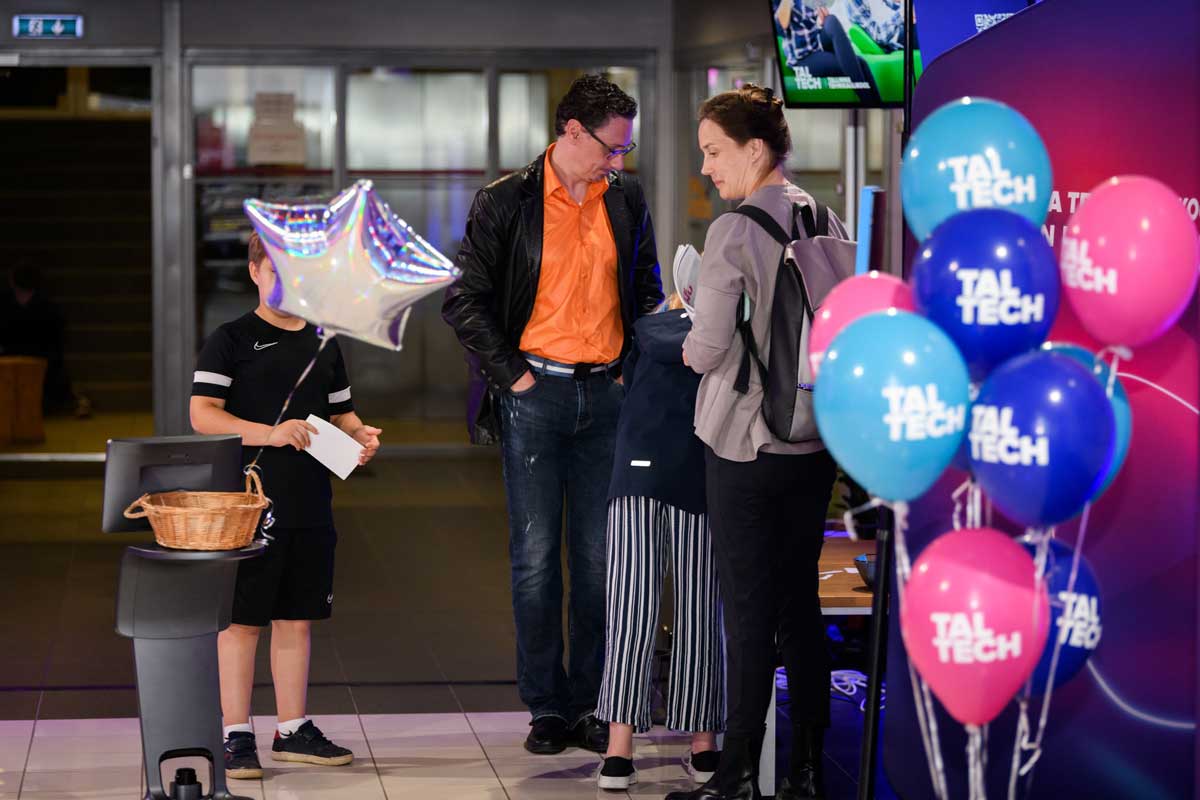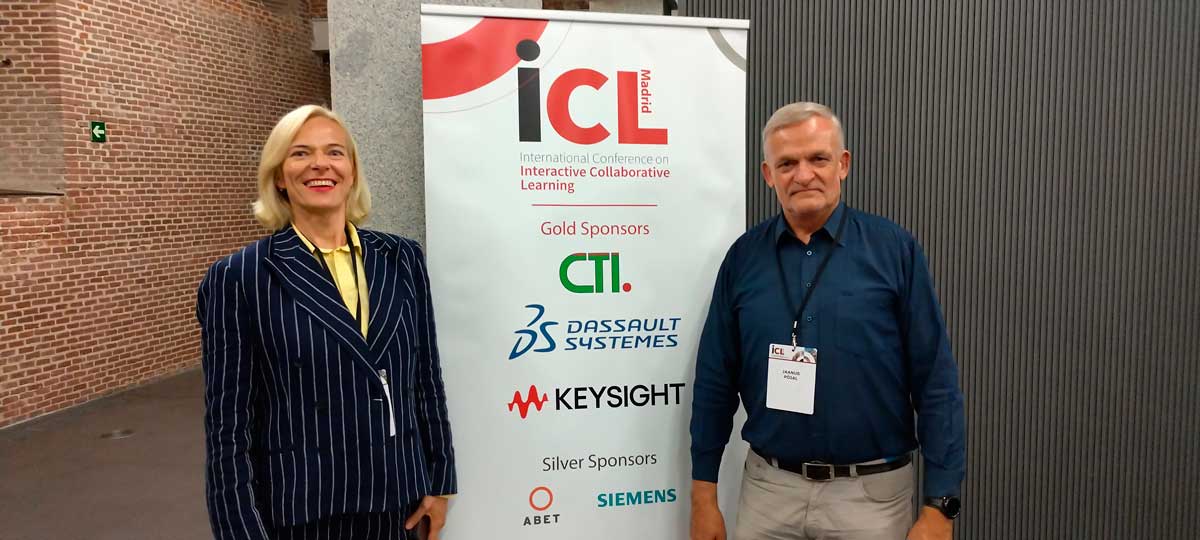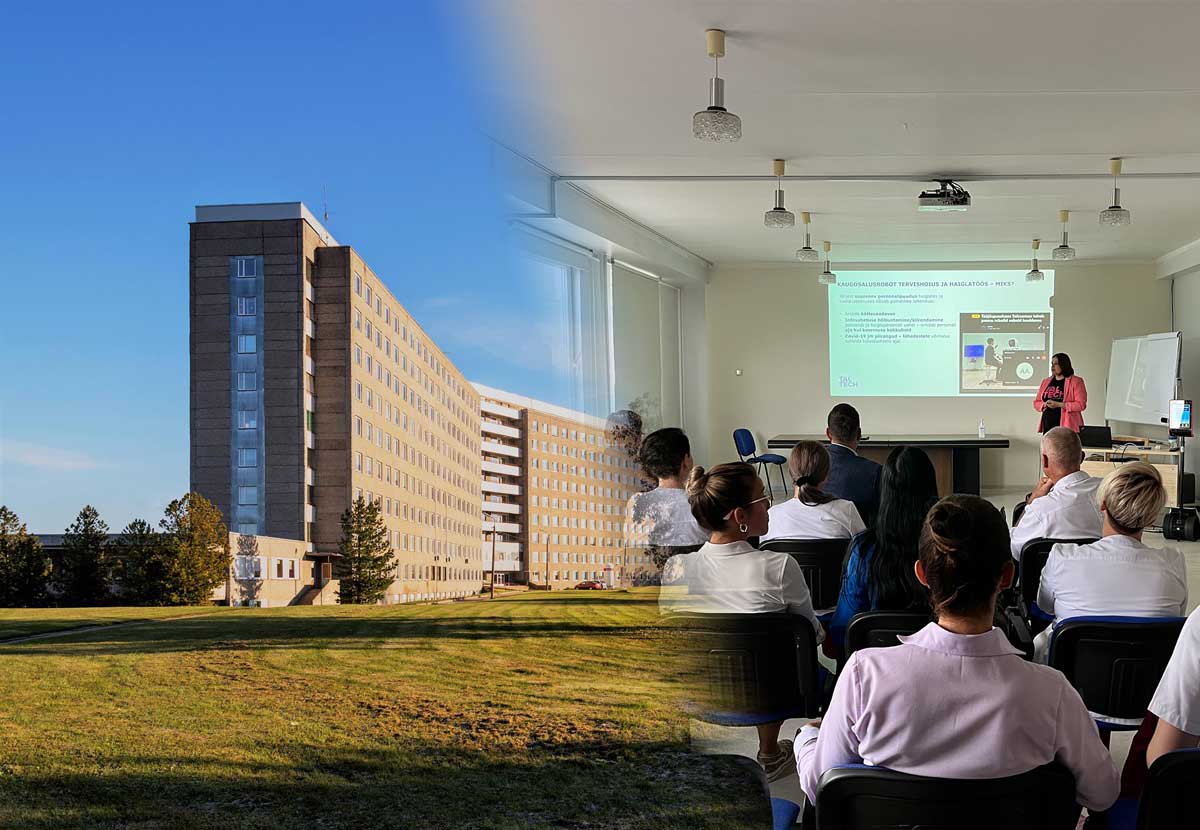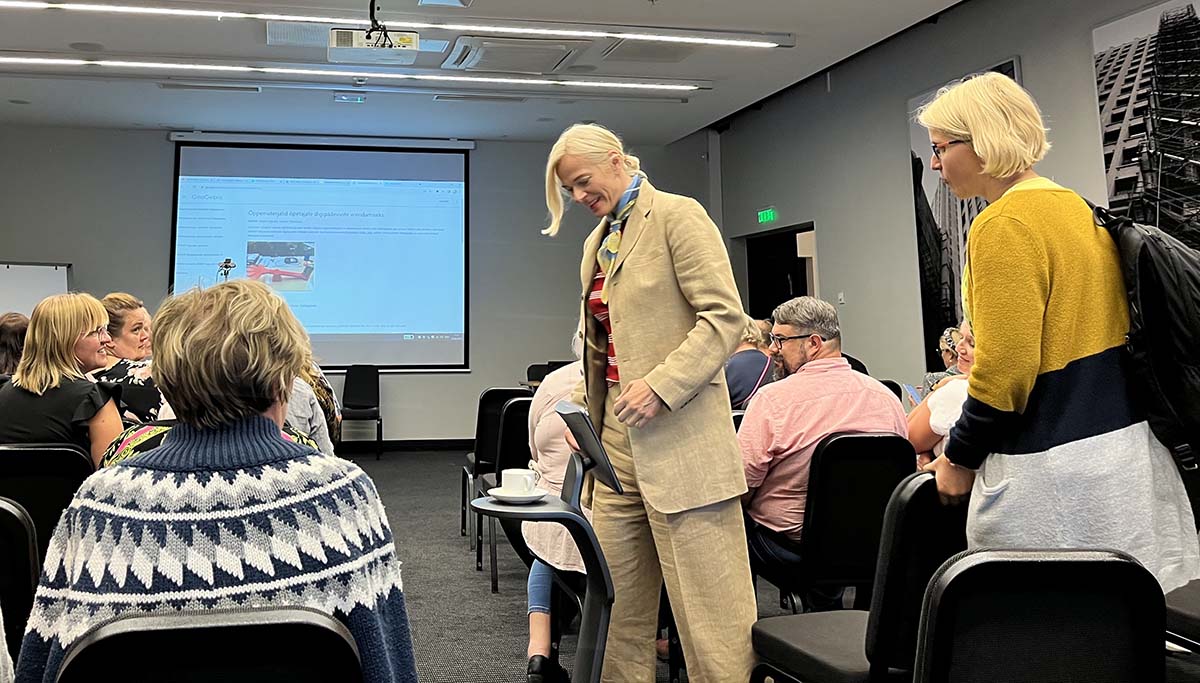Meeting German robots friends
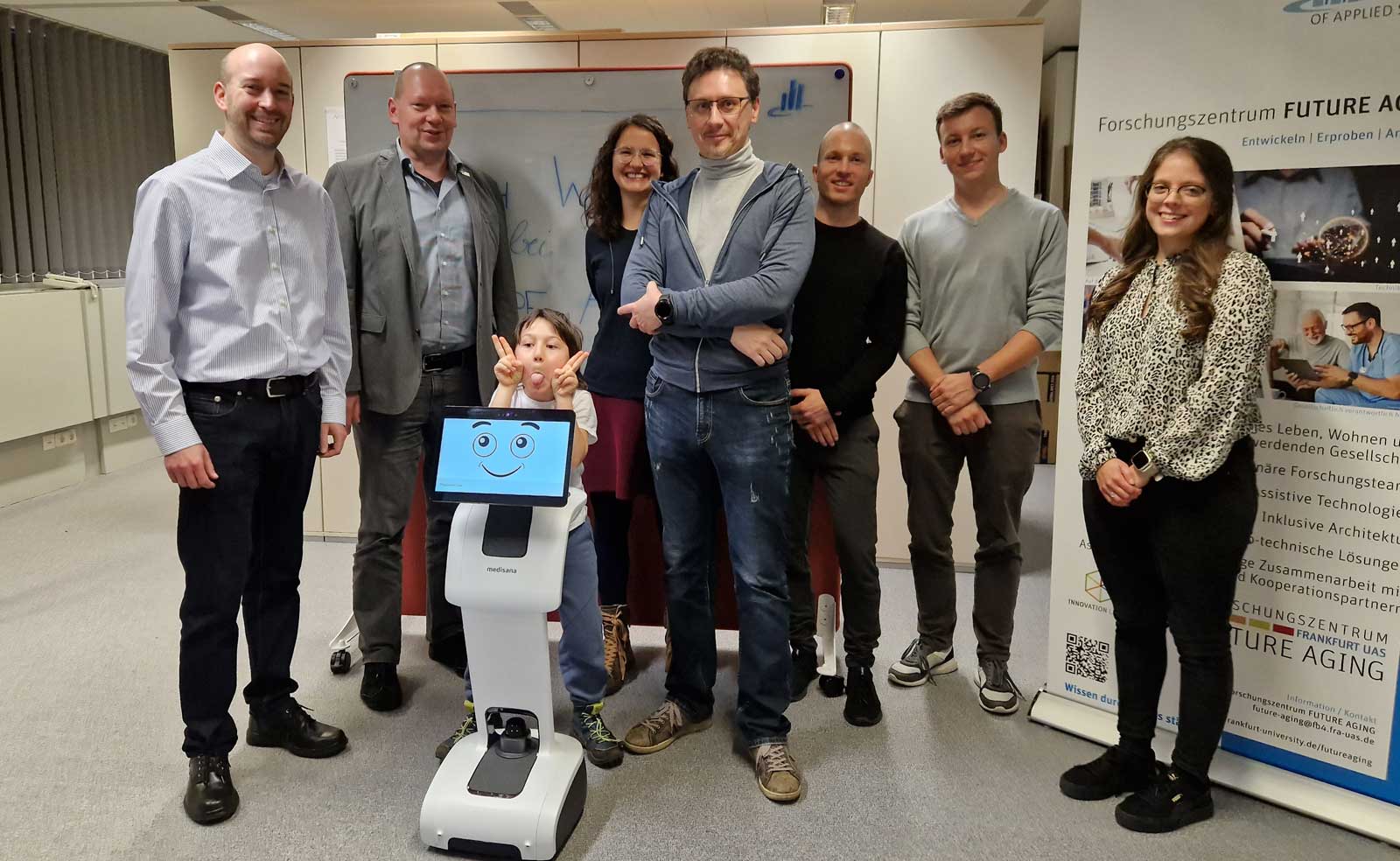
This week Aleksei Talisainen from our research group visited Frankfurt School of Applied Science to meet our colleagues, who use Temi robots to counduct research on a topic that is becoming increasingly important - elderly care. It appears that semi-autonomous assistant robots can take on a significant part of the workload that is currently carried by the protein-based operators (that’s us).
When extended with a appropriate infrastructure such robots can serve as companions, monitor health conditions and movements in the apartment, keep track of activities, and contact the operator if some abnormalities are detected.
As our reseach group has huge plans regarding personal assistant robots, we are looking forward to our future cooperatsion. Besides,several generations of reseachers participated in the meeting, so the worries that rapidly getting older in average European population will be left without proper care have, in fact, no basis.
